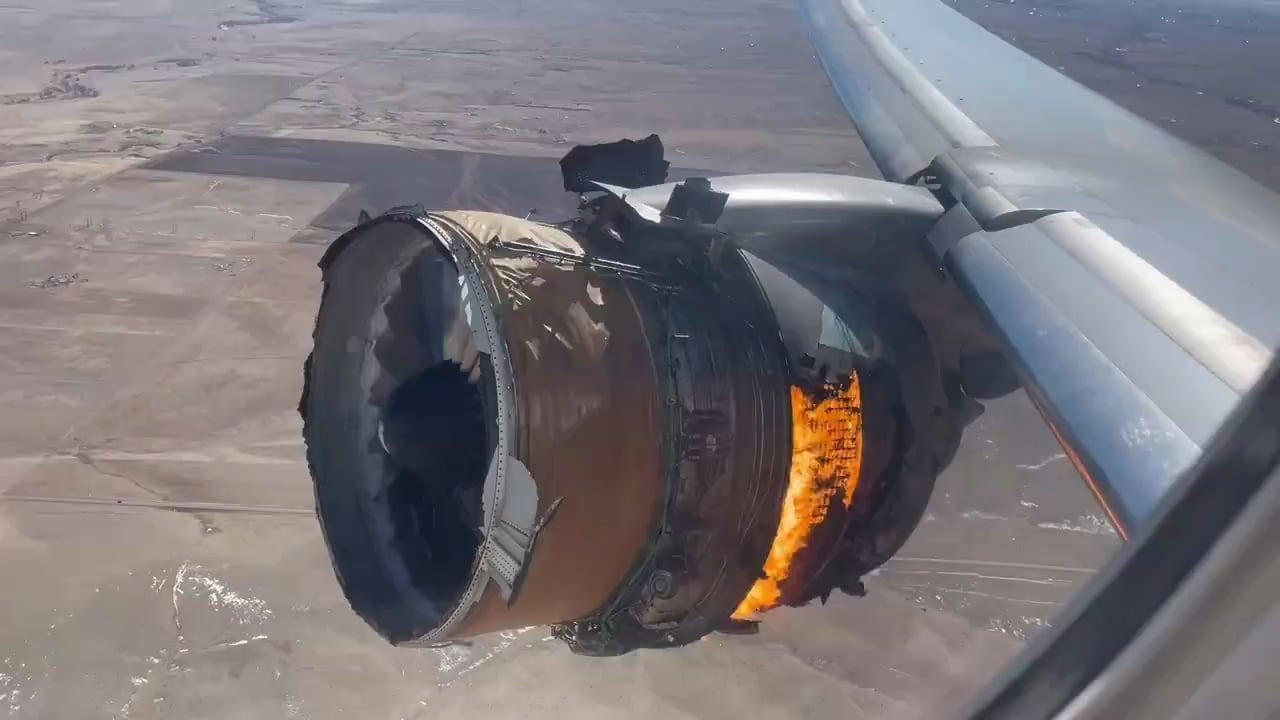AeroGenie — Ваш интеллектуальный второй пилот.
В тренде
Categories
Flames Erupt from Swiss Plane Engine During Takeoff

Flames Erupt from Swiss Plane Engine During Takeoff at Boston Logan Airport
A Swiss International Air Lines flight was compelled to abort its takeoff at Boston Logan International Airport on Tuesday evening after flames suddenly erupted from one of its engines. The incident prompted an immediate emergency response and has raised questions regarding airline safety protocols.
Incident Details and Passenger Accounts
SWISS flight 55, operated by an Airbus A330-300 and bound for Zurich, was accelerating down the runway at approximately 6:25 p.m. when a burst of fire emerged from the aircraft’s right engine. Eyewitnesses and video footage captured the alarming moment. Passengers described hearing a loud boom followed by a sharp jolt as the plane braked abruptly and skidded to a halt. One passenger, Molly Furrer, recounted to NBC Boston, “We’re about halfway down the runway when all of a sudden, there’s kind of a boom noise and a big jolt. I could feel the plane braking and then started to skid down the runway until it came to a complete stop.”
The aircraft’s wheels remained on the ground throughout the event. Emergency vehicles swiftly surrounded the plane, and all 223 passengers along with 13 crew members disembarked safely after the aircraft taxied back to the gate. No injuries were reported.
Official Response and Ongoing Investigation
Swiss International Air Lines confirmed the incident, stating, “On flight LX55 from Boston to Zurich, there was a problem with the right engine during takeoff. The crew immediately aborted the takeoff. The passengers were able to disembark the aircraft regularly after it had taxied back to the gate.” The airline further noted that depending on the nature of an engine issue, a visible flame may briefly appear.
The Federal Aviation Administration (FAA) has initiated an investigation into the cause of the engine malfunction, though the specific reason for the failure remains undetermined. The incident has prompted potential regulatory scrutiny and could affect Swiss Air’s reputation, as industry experts observe that such events often lead to intensified examination of an airline’s safety record and may have insurance ramifications.
In response to the event, a temporary ground stop was enforced at Logan International Airport while the aircraft underwent inspection. Passengers were subsequently accommodated on an alternative flight to Zurich, resulting in a delay of approximately five hours. Swiss Air expressed regret over the disruption, stating, “We deeply regret the inconvenience caused to passengers by this incident.”
Context Within Broader Industry Concerns
This episode follows a series of recent engine-related incidents within the aviation sector. In June, an American Airlines Airbus A321 experienced a similar engine fire shortly after takeoff in Las Vegas. In July, a Sun Country Airlines Boeing 737 emitted flames and sparks from an engine after departing Los Angeles. Although no injuries were reported in those cases, these events have intensified discussions about industry-wide safety measures and prompted airlines to review their operational protocols.
As the FAA investigation proceeds, Swiss Air faces the dual challenge of addressing regulatory concerns and maintaining public confidence in its safety standards. Market analysts anticipate heightened scrutiny in the coming weeks as regulators and industry stakeholders assess the broader implications of the incident.

Emirates Unveils Cabin Design for New Boeing 777X

Eighteen Years On, the Airbus A380 Remains Central to a $34 Billion Airline

How a boom in luxury airline seats is slowing down jet deliveries

Navitaire Outage Attributed to Planned Maintenance

Airbus Plans Record Delivery of 870 Aircraft in 2026

DigiYatra Debuts Outside Aviation at India AI Impact Summit

Vietnam Orders Strengthen Boeing’s Commercial Outlook

Airbus Signals Uncertainty Over Future A400M Orders

JobsOhio Awards $2 Million Grant to Hartzell Propeller for Innovation Center

Collins Aerospace Tests Sidekick Autonomy Software on YFQ-42A for U.S. Air Force CCA Program
